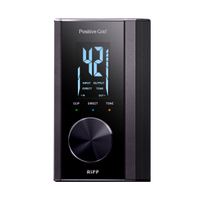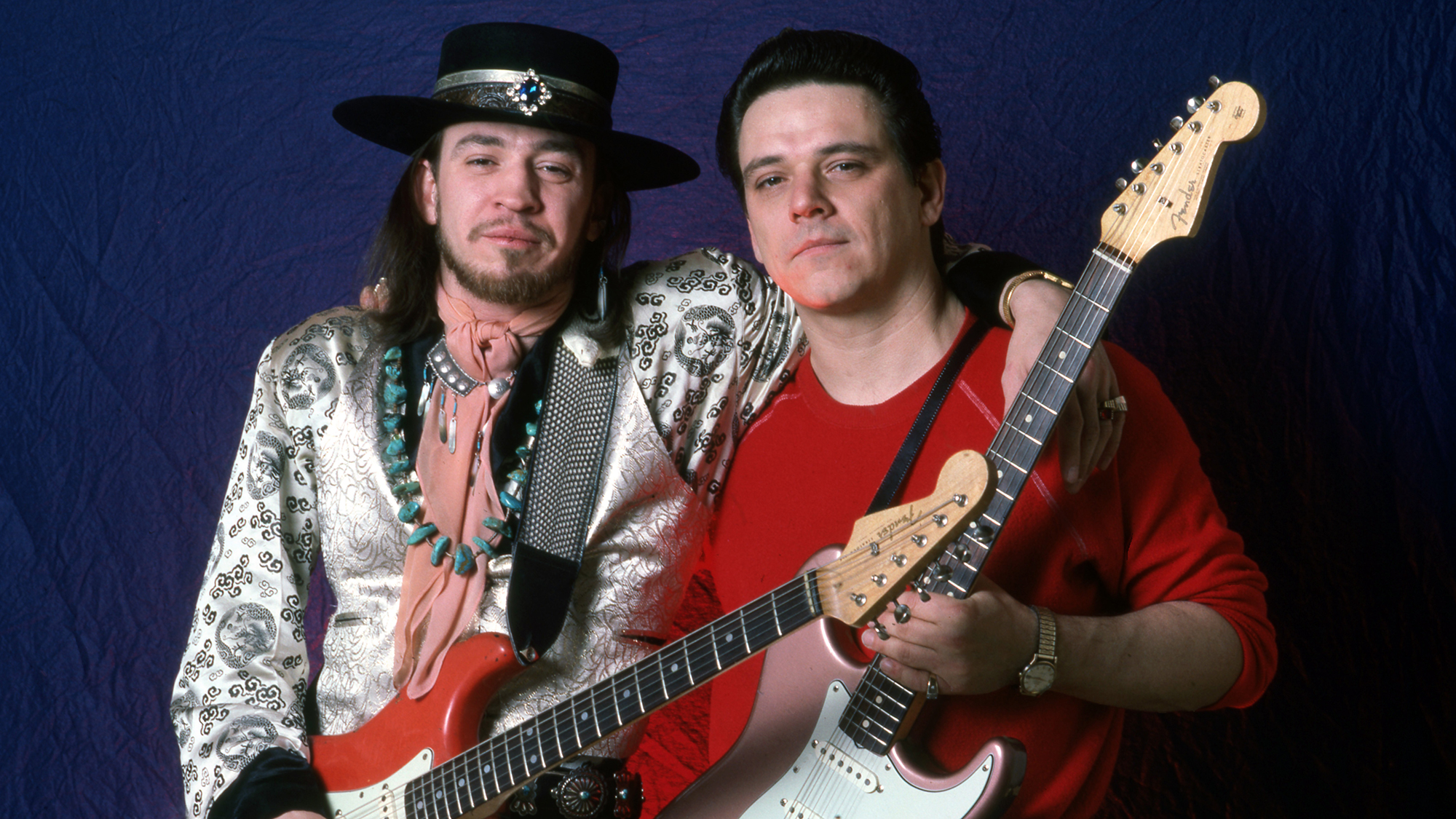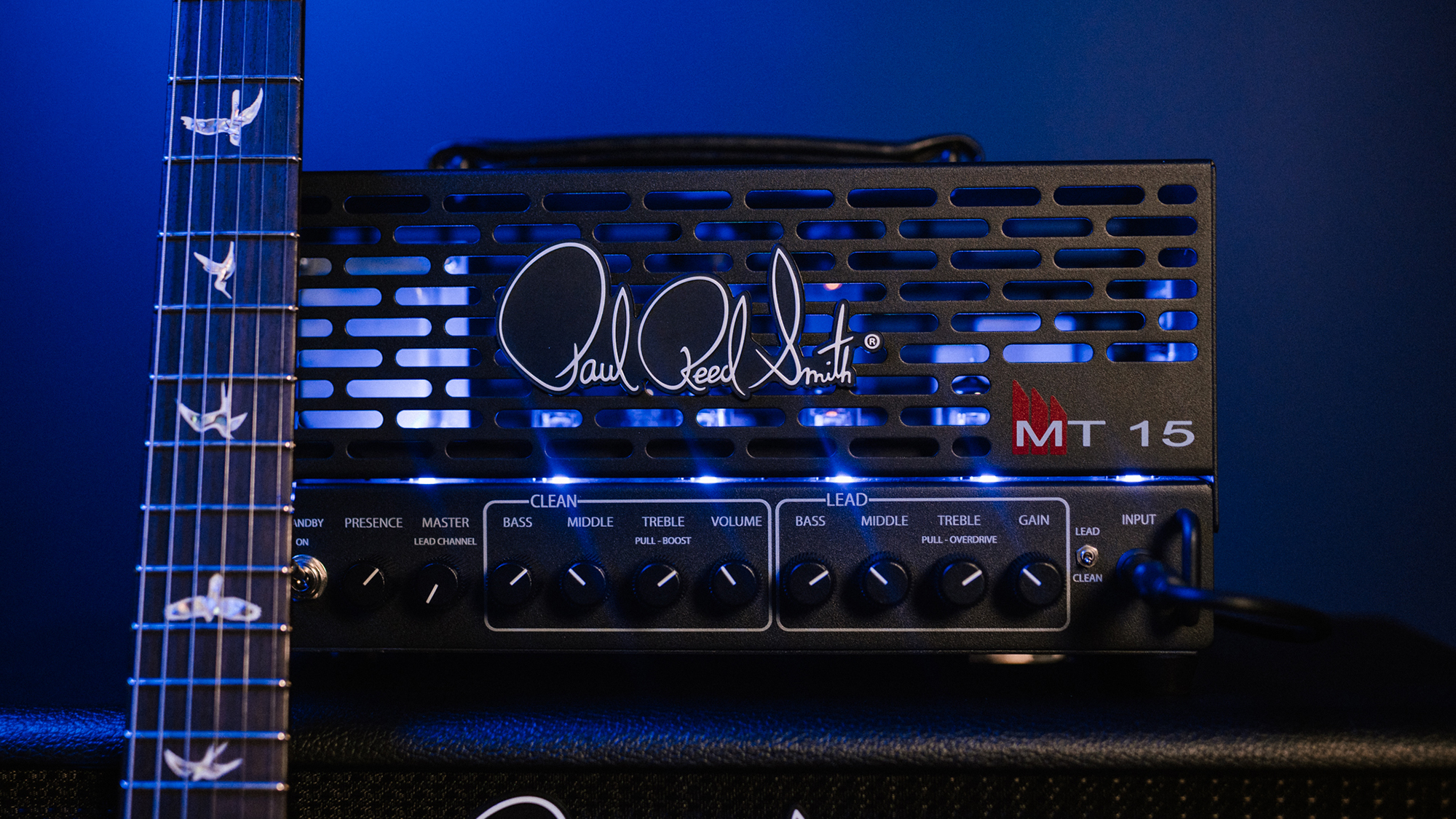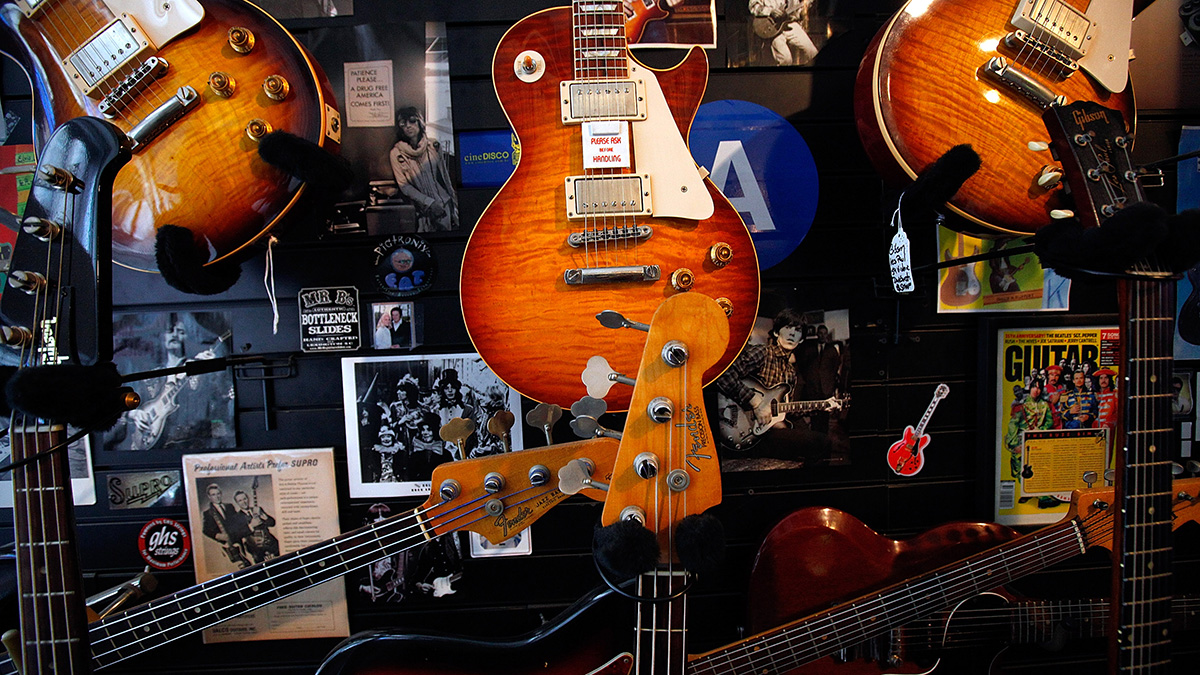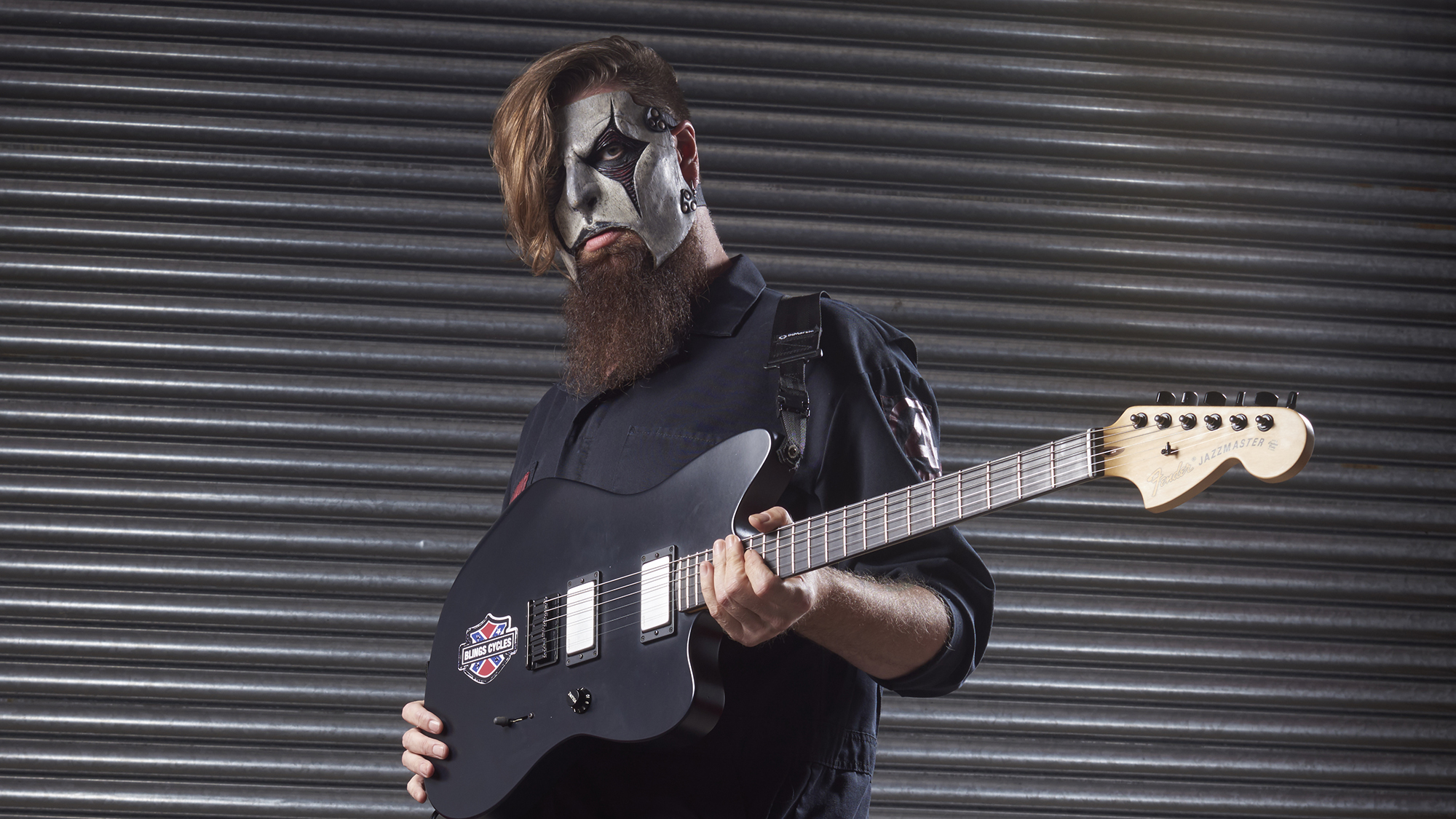Quick! Positive Grid's huge $50 Riff audio interface discount ends today – here are 5 reasons it’s worth your money
Start recording your guitar playing for less with this amazing deal exclusively for Guitar World readers

Here at Guitar World, we've cooked up an amazing deal for anyone who wants to get started recording their guitar for less - but it's only available until midnight on 02/17. Exclusively for our readers, you can get Positive Grid's Riff audio interface for just $59, which is the lowest price it's ever been.
All you need to do to claim the offer is head over to the Positive Grid official website and add it to your basket, then just use the code GUITARWORLD50 during checkout to claim your discount.
This audio interface is ordinarily priced at $109 which puts it just above half price, which as you’ll find out below is an absolute steal. Be advised this offer only runs between 02/15 and 02/17 though, so you’ll have to act fast to take advantage of it. If you need more convincing, go check out our Positive Grid Riff review, where we praised it for its ease of use and compact size.
With a simplistic approach that’s great for beginners or those who don't want to waste time, Positive Grid Riff makes recording your own riffs and licks a breeze. Whether you’re looking for a quiet home practice solution or you want to jump fully into producing your own songs, Riff is a great entryway into the wide world of audio interfaces for guitarists.
Taking the steps to record your own playing might seem daunting at first, but take it from me, it will improve you as a player. Putting together your own tracks also gives you a greater sense of how music is put together, opening your eyes and ears up to a huge array of sonic possibilities that just aren’t possible playing by yourself.
Below you’ll find my top 5 reasons Positive Grid Riff will help improve your guitar playing and overall musicianship.
1. Help hone your rhythm chops
Whether you’re playing to a metronome or to a VST drum loop, getting into the groove when you’re recording your guitar and Riff will massively improve your own feel. This is a vital skill for playing with others, and enables you to slot in more effectively as part of a band, or if you’re jamming with backing tracks by yourself.
Getting locked in with a metronome at a variety of tempos and time signatures is probably one of the most powerful things you can do as a guitarist, and especially so if you want to play well at faster tempos.
Get The Pick Newsletter
All the latest guitar news, interviews, lessons, reviews, deals and more, direct to your inbox!
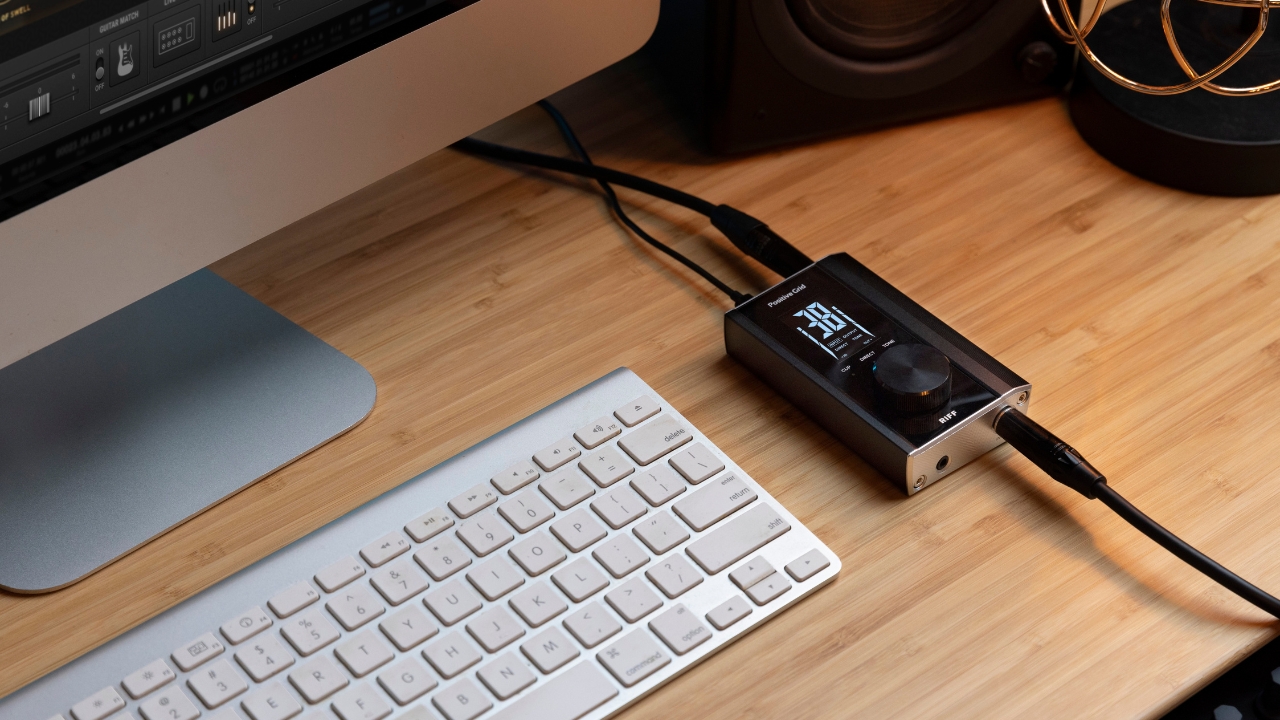
2. Drastically improve your lead-playing
Soloing by yourself? That just ain’t it. With Riff you can record your own chord patterns to jam over, meaning you’re not locked into whatever backing you’ve bought off the internet. This will allow you to hone your craft as a lead player, practicing different chord changes and improving your overall ear for melody.
One of the key aspects to getting faster with your guitar playing is to practice with a metronome, and use it to build up your speed to where you want to be. This is much easier if you’re using an audio interface and DAW combo.
3. Enhance your songwriting
It’s only by imitating our favorite artists and writing our own music that we can improve as a musician overall. With Riff, you’ve got a low-cost gateway into the world of recording that will enable you to start crafting your own music, which can be a huge boon to your overall playing skills.
Doing this will help you understand how songs are composed, and what’s required to make a great one. It will help with your ear for harmonies and melodies, and could even get you a better understanding of other instruments like drums and keys if you really want to get stuck into crafting some epics.
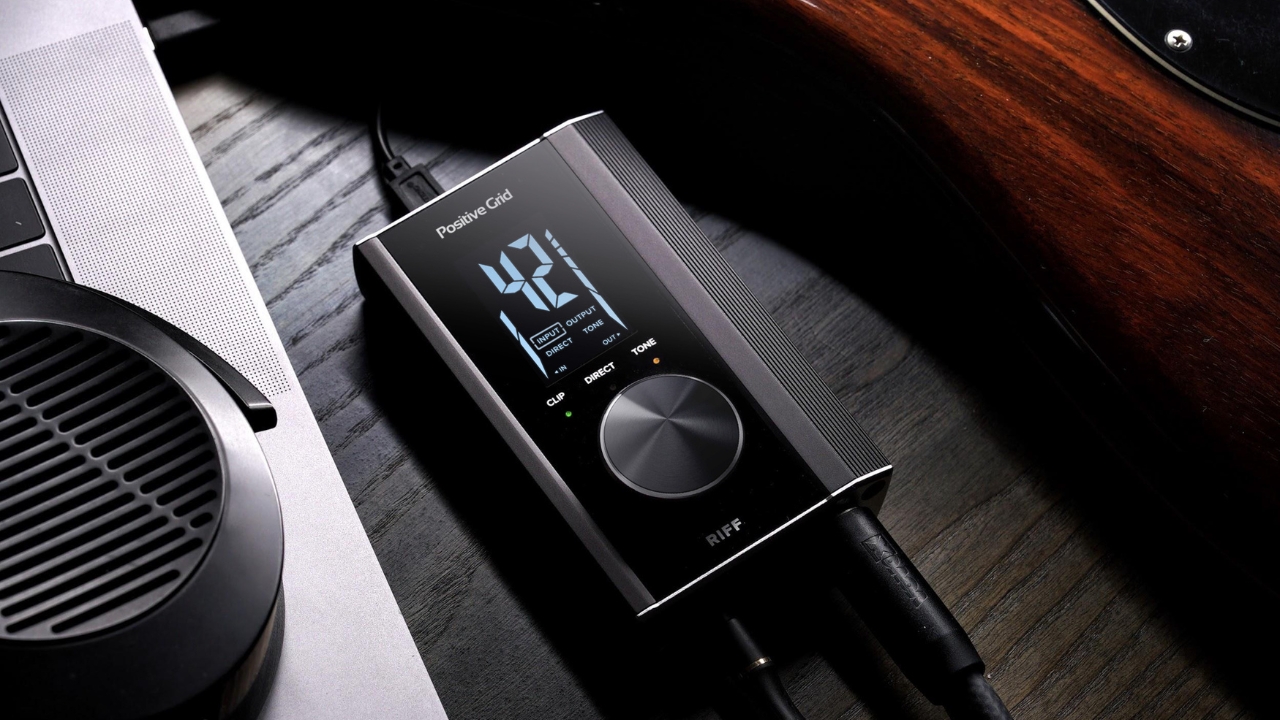
4. Analyze your own playing
One of the key things you need to do to develop is take a good honest look at your own playing. That fast riff you’re playing on your own might sound great in that context, but putting up against the relentless strike of the metronome can really put into perspective how off your rhythm is.
This is something I’ve come up against over the years, and I’ve no doubt that repeatedly listening to my own mistakes and poor timing has dramatically affected the way I play. Add an audio interface like Riff into the equation is a great way to highlight the weaknesses in your own playing and get to correcting them, It’s not always pretty, but you will become a better player by doing this.
5. Collaborate with others
One thing I absolutely love doing is sending my song ideas to my bandmates for them to rip apart! Seriously though, sharing your work with others is another fantastic way to develop as a musician. Others will look at your songwriting with fresh eyes and ears, offering new ways to develop your songs that you might not have considered previously.
You’ll need to not be precious about your work to take this step, but having an audio interface like Riff as part of your arsenal means you can quickly and easily send your riffs and licks to others. It allows for easy collaboration whilst you’re away from the rehearsal space too, which means your band will develop more quickly.
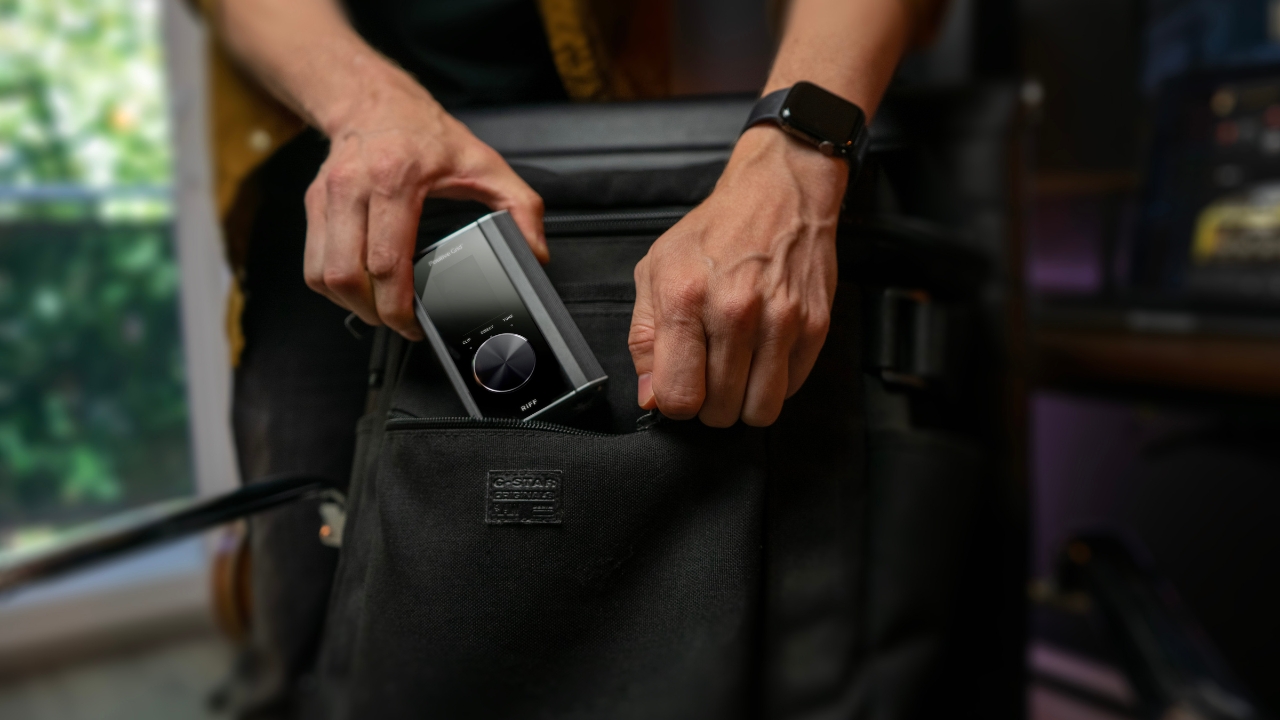
Check out more Presidents' Day sales
- Save up to 40% in the Guitar Center Presidents' Day sale
- Fender is offering up to 20% off in their Presidents' Day sale
- Save on smart amps with Positive Grid's up to 40% off Valentine's Day sale

Matt is a Junior Deals Writer here at Guitar World. He regularly tests and reviews music gear with a focus on guitars, amps, pedals, modelers, and pretty much anything else guitar-related. Matt worked in music retail for 5 years at Dawsons Music and Northwest Guitars and has written for various music sites including MusicRadar, Guitar Player, Guitar.com, Ultimate Guitar, and Thomann’s t.blog. A regularly gigging guitarist with over 20 years of experience playing live and writing and recording in bands, he's performed everything from jazz to djent, gigging all over the country in more dingy venues than you can shake a drop-tuned guitar at.
You must confirm your public display name before commenting
Please logout and then login again, you will then be prompted to enter your display name.
"Brilliantly precise monitoring headphones with wide open-back sound": Audio-Technica ATH-R70XA review
“We’ve painstakingly restored Les Paul’s original gear”: The Les Paul Recording Studio opens in Hollywood – bringing the innovator’s revolutionary gear to a whole new generation of musicians
